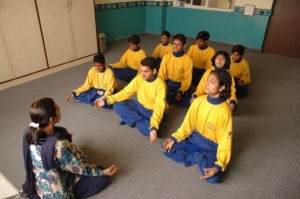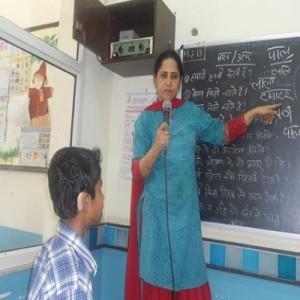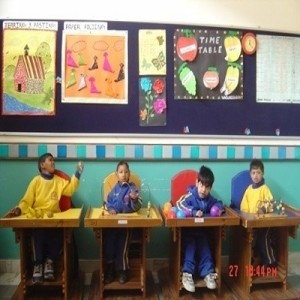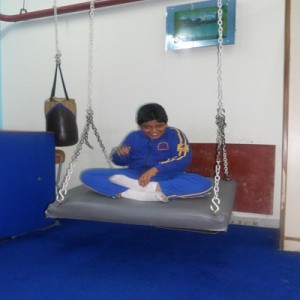How to get your kids to open up about school
Parenting is easier said than done. Ask parents of an infant, and they might tell you about the sleepless nights they have to endure. Ask parents of toddlers and they will tell you about being on their toes 24×7. Ask parents of teens, and they will tell you a hundred more things they have to worry about regarding their child’s future. No matter what age, sometimes it’s impossible for parents to get their children to talk. This situation is the most distressing part of parenting, where you sense something is wrong, but can’t put your finger on it. Children have a way of shutting themselves out and just zone out. Therefore, it’s important for parents to be open and talk to their kids in a non-judgemental manner. This approach helps the kids open up, feel safe and share their deepest of thoughts.
Here are a few parenting tips on how you can get your kids to open up about school
1. Don’t become an interrogator the moment your child comes back from school
No matter how strong the urge to know about your kid’s day at school may be, refrain from throwing a volley of questions at them. Instead, just say ‘Hi! Welcome home! I’d love to hear about your day whenever you feel like talking’. This shows the child that you are there for them whenever they need you. Also, it puts the pressure off the kid to give a detailed account of what happened at school.
2. If the child looks bothered, ask more open-ended questions.
Rather than simply asking “How was school today?” and getting a close-ended answer like “Fine” or “I don’t know”, try this!
– “What did you work on in your art class today?”
– “What do the kids actually do during recess?”
– “Did anyone get in trouble or do anything funny today?”
– “What was the worst thing about today and what was the best?”
But remember, don’t push too hard. Be patient and give your child some time to ponder and get back to you.
3. Resist the need to become a problem-solver.
When your child finally decides to talk, don’t overreact and jump to offer solutions. Instead just listen reassuringly without being judgemental. Make them feel understood, and show them you know how it feels being in their shoes.
Follow these simple techniques and you’ll be making some success in getting your kid to open up and communicate with you constructively.













